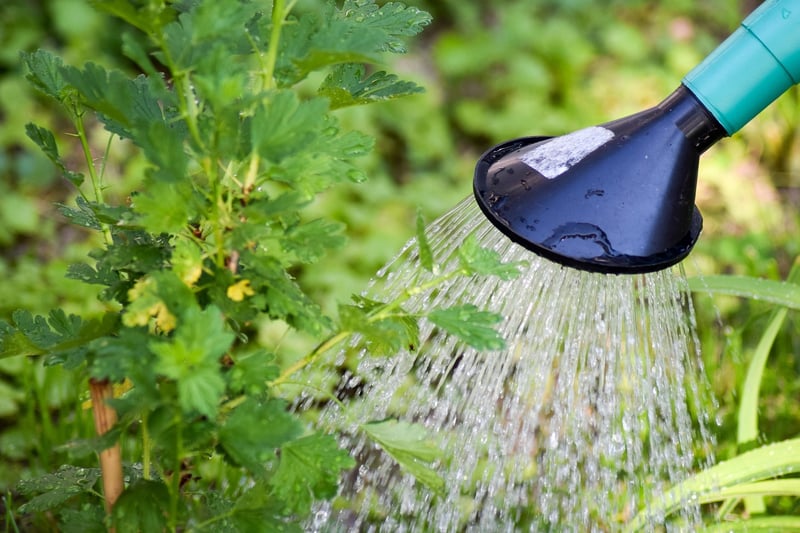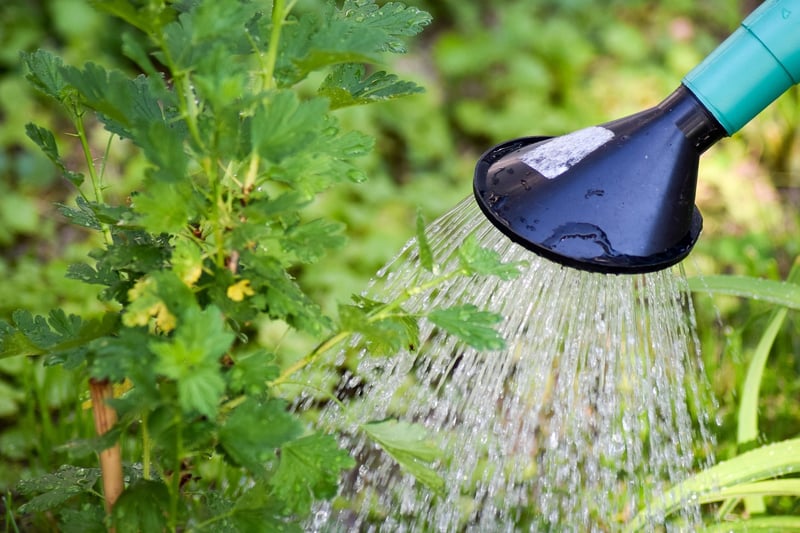Watering Techniques
Essential Care Guidance for Your Plants
Introduction
Proper care is essential to keep your plants healthy and thriving. In this article, we will provide valuable guidance on caring for your plants, including watering techniques to ensure their well-being.
1. Watering Techniques
Water is crucial for plant growth, but overwatering can be harmful. Here are some watering techniques to help you maintain the right balance:
1.1 Watering Frequency
Understand your plant's specific needs regarding watering frequency. Some plants require frequent watering, while others prefer dry conditions. Research your plant species to determine the ideal watering schedule.
1.2 Watering Amount
Ensure you water your plants thoroughly but avoid waterlogging the soil. Water until it starts draining from the bottom of the pot, ensuring that the roots receive adequate moisture.
1.3 Watering Method
Consider using a watering can with a narrow spout to target the soil directly and prevent water from splashing on the leaves. This helps deliver water where it's needed most – the roots.
2. Importance of Proper Drainage
Proper drainage is essential to prevent waterlogging, which can lead to root rot. Ensure your pots have drainage holes to allow excess water to escape, keeping the soil aerated and healthy.
3. Signs of Overwatering and Underwatering
It's crucial to recognize the signs of overwatering (yellowing leaves, mold growth) and underwatering (wilting, dry soil) to adjust your watering practices accordingly. Monitor your plants regularly for any indications of water stress.
4. Best Practices
- Avoid watering plants in the heat of the day to prevent water loss through evaporation.
- Use room temperature water to prevent shocking the roots.
- Consider investing in a moisture meter to accurately gauge soil moisture levels.
- Group plants with similar watering needs together to simplify care routines.
Conclusion
By following these essential care guidance and watering techniques, you can promote healthy growth and vibrant foliage in your plants. Remember, each plant is unique, so it's vital to understand and cater to its specific needs for optimal care.

 Image Source: Pixabay.com
Image Source: Pixabay.com
